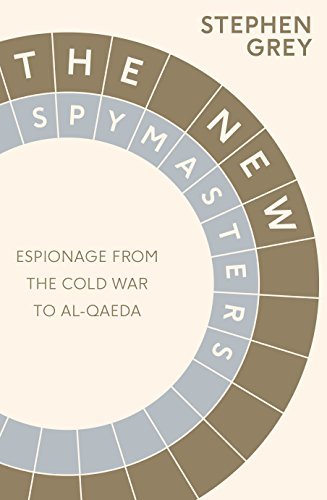What do you think?
Rate this book


The New Spymasters by Stephen Grey - Inside Espionage from the Cold War to Al-Qaeda
In this era of email intercepts and drone strikes, many believe that the spy is dead. What use are double agents and dead letter boxes compared to the all-seeing digital eye?They couldn't be more wrong. The spying game is changing, but the need for walking, talking sources who gather secret information has never been more acute. And they are still out there.368 pages, Hardcover
First published June 4, 2015